If you are transgender in Latin America, you can expect to live only about half as long as your cisgender peers. That’s just one of the statling statistics reported in “Transgender in Latin America: Unfolded from Otherness,” an international reporting project published this month by Tangible and the Spanish-language newspaper El Universal.
Donald Ingber, on Getting Research Out of the Lab and Into the World
Ingber started the non-profit Wyss Institute 10 years ago with the single largest gift in Harvard’s history — $125 million dollars. A decade later, the funding, and the technological innovation, continue to flow.
Author Bina Venkataraman Is Changing the Way We Think About the Future
With journalistic insight, Venkataraman explained why she felt it was important to deeply interrogate conventional wisdom about societal decision-making — and to sometimes overturn that wisdom.
“If You’re Learning, You’re Doing it Wrong”: Behind the Scenes at The Story Collider
To take the stage at The Story Collider, a live storytelling show that consists of “true, personal stories about science,” you don’t need to be a scientist — or even a storyteller. Katherine Wu, co-producer of The Story Collider’s Boston shows, explains you just need to have been affected in some way by science.
Author Katherine Eban ‘Went the Distance’ to Win Her Sources’ Trust
Over her decade-long reporting journey, Eban traveled to four continents and interviewed more than 240 people. “I could not have done this book and gotten to the depth I got without some serious sources,” she told KSJ fellows.
Meet This Year’s Fellows: Thiago Medaglia
At MIT, Medaglia is working with data scientists and programmers to connect the dots between government policies and their tangible effects in the environment, translating money and politics into carbon emissions and metrics that people can understand.


 "
"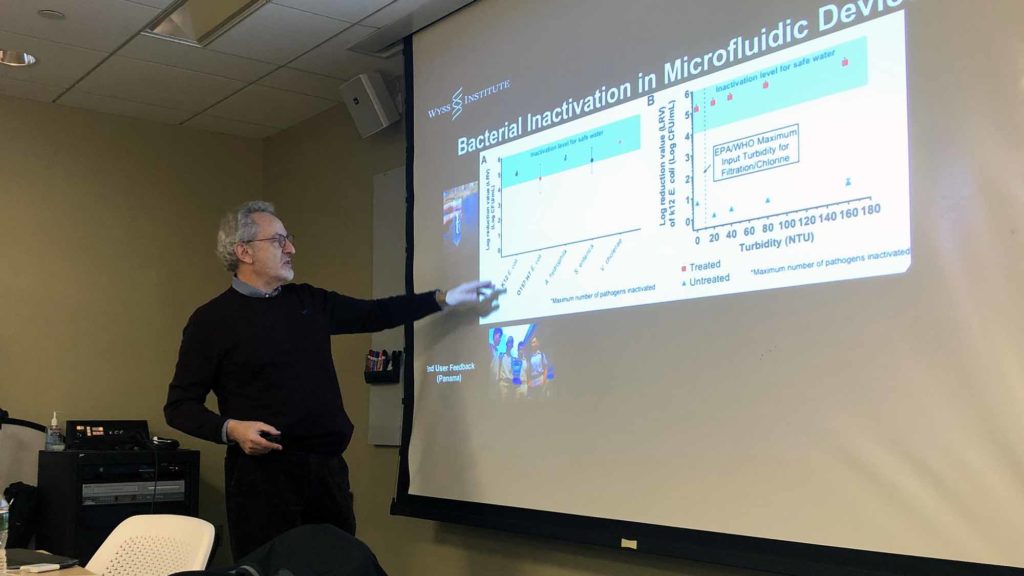 "
"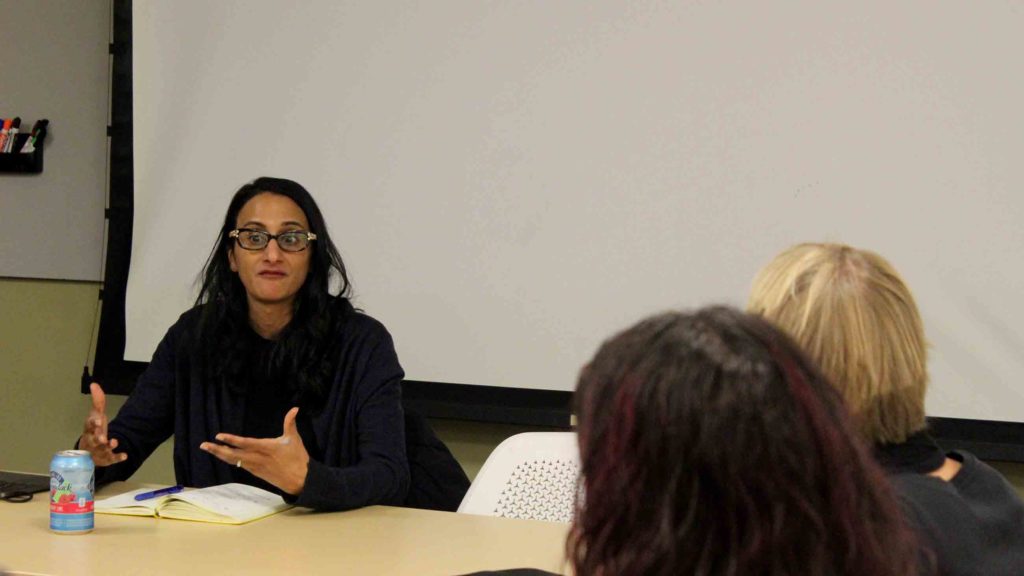 "
"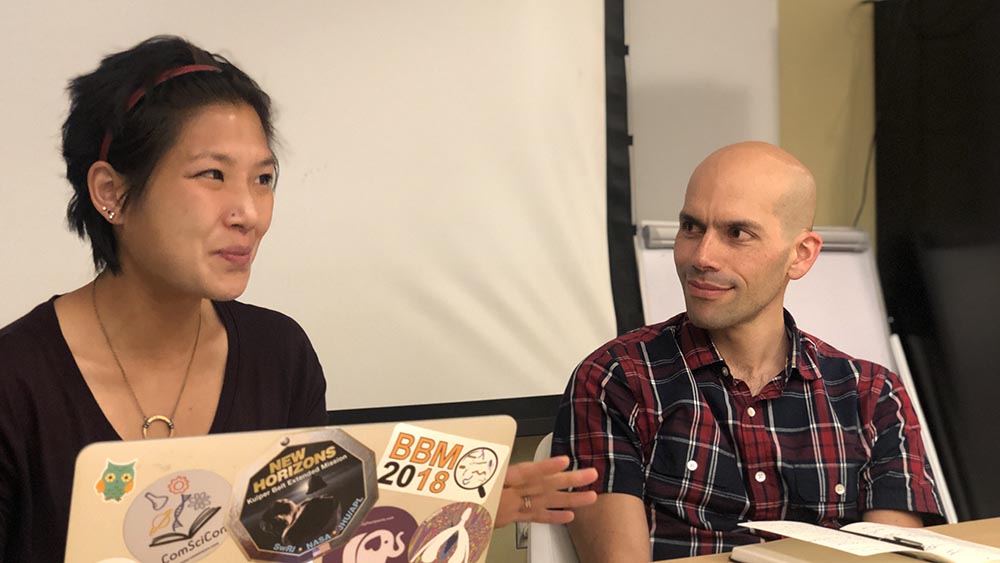 "
"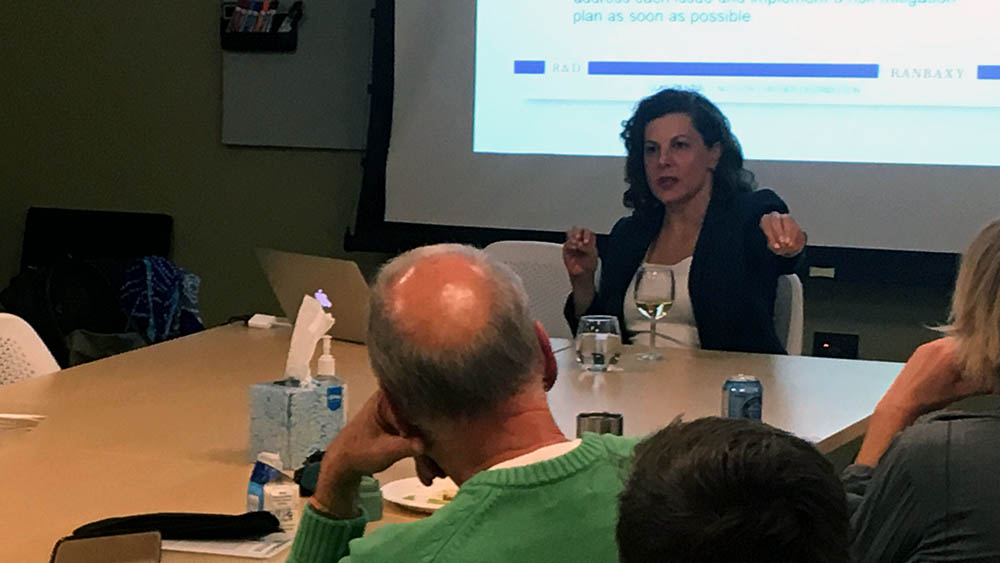 "
"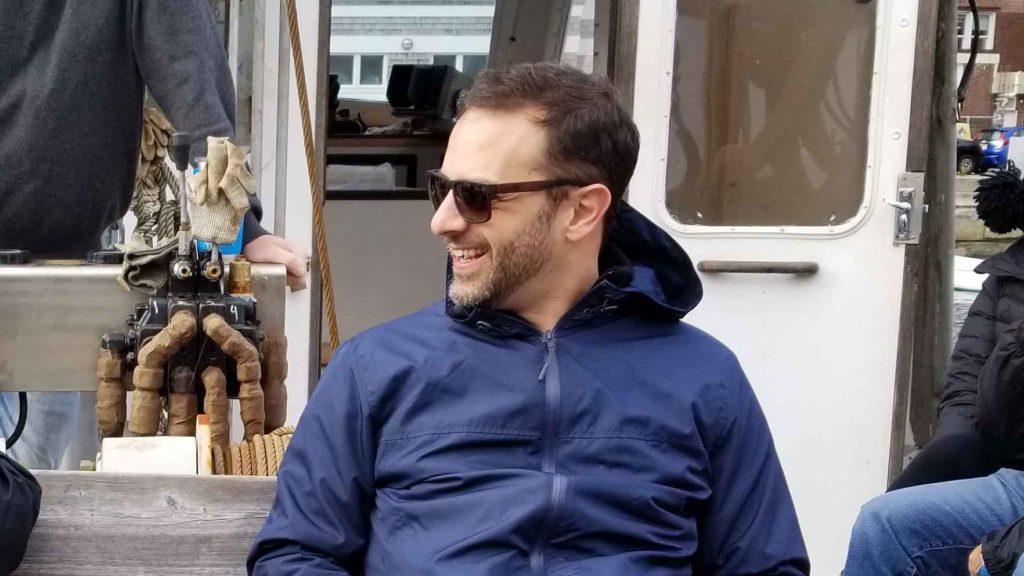 "
"